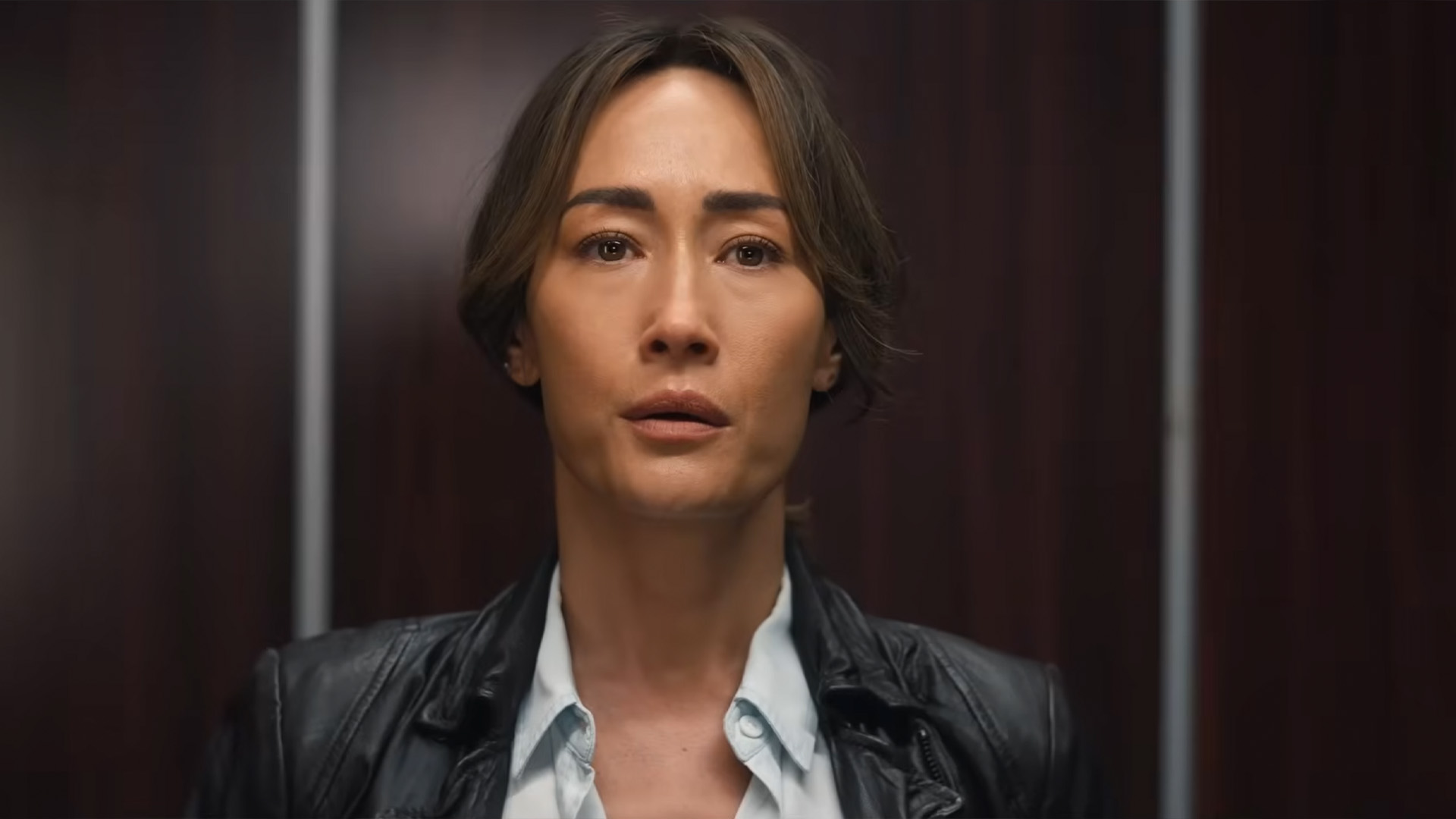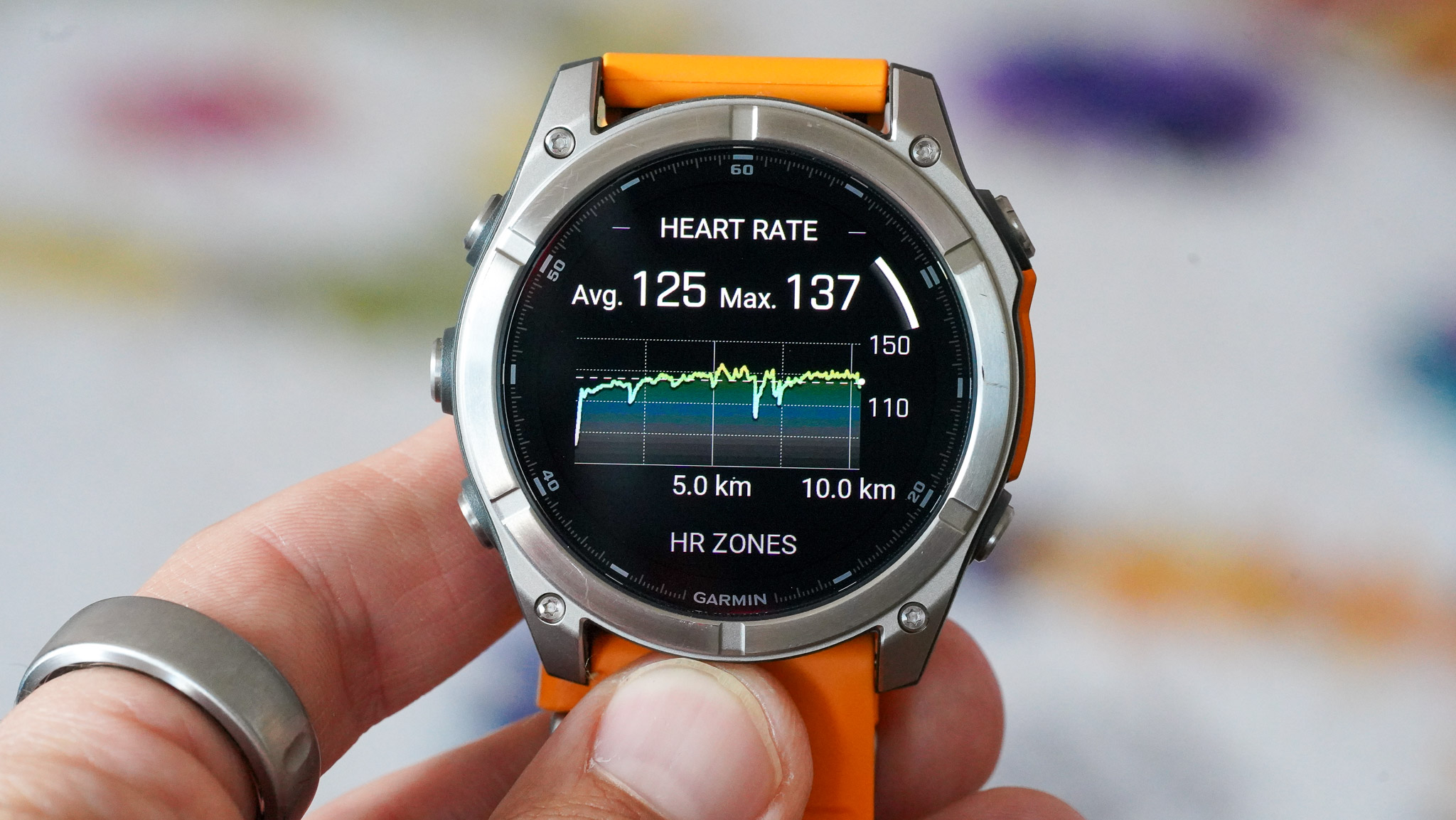
There’s nothing quite like putting a new piece of tech through its paces in its home environment. That can often be something of a struggle, though. Take a top-spec mirrorless camera for example. While the close-up flowers and sparse landscapes of my local landscape are passable, it rarely offers much of a test for the best devices out there.
On Wednesday night, though, I got the opportunity to put the new Sony A1 II camera through its paces at the Premier League football match between Manchester City and Nottingham Forest. Under the wing of the City photography team, I was able to test the device up close and personal with the fast paced action.
It was the perfect spot to test a camera like this. Not only is the A1 II really designed for sports photographers, it also makes neat use of most of the key features.
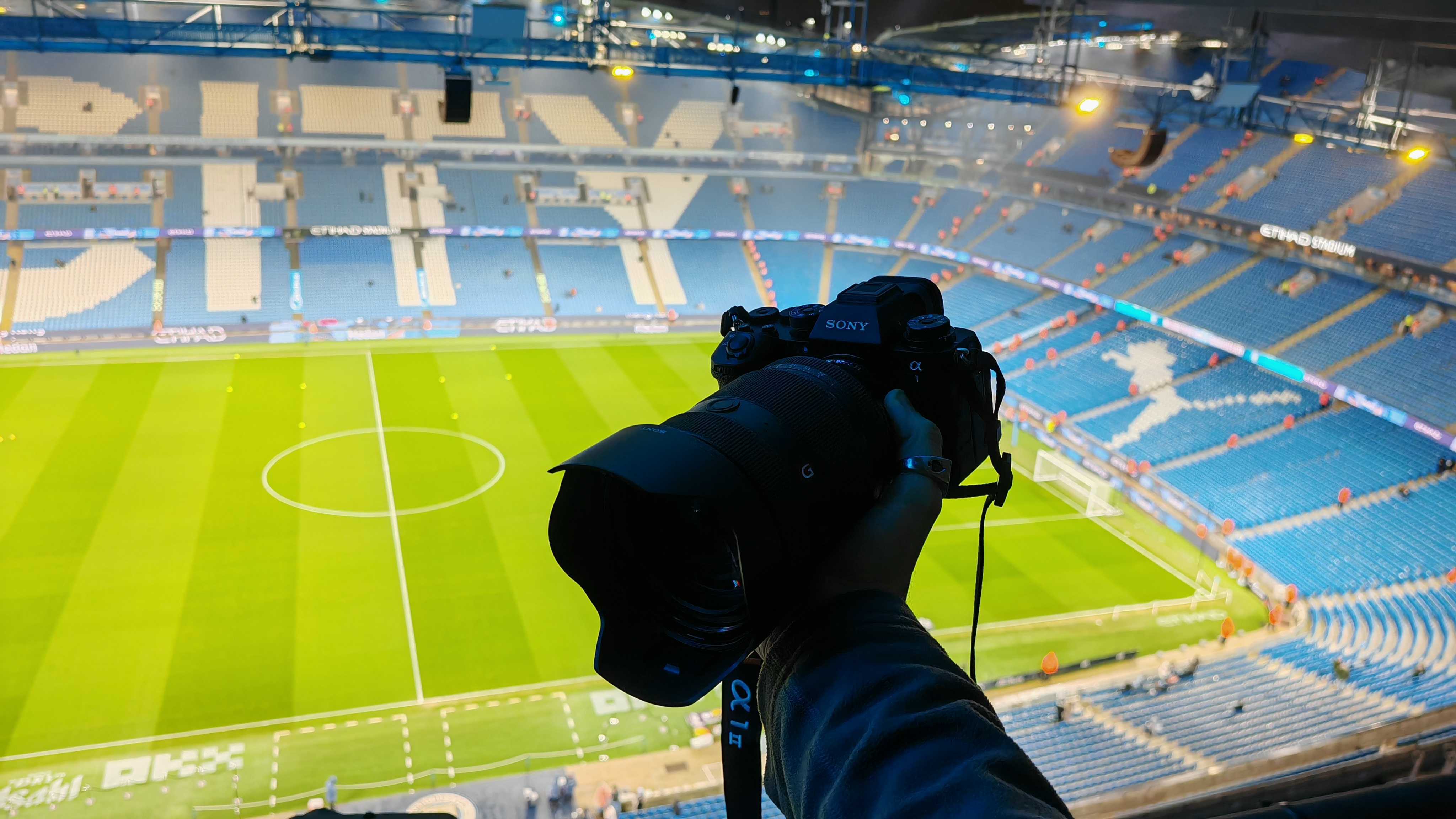
Sony A1 II: key specs
So, why is the A1 II such a good camera for sports photography? Well, first things first, it’s got a killer sensor inside. It’s a 50MP unit, which offers ample room to really crop into images without losing crucial detail. You can see from some of the examples below, where I’ve cropped into the wider image, just how much resolution is on offer here.
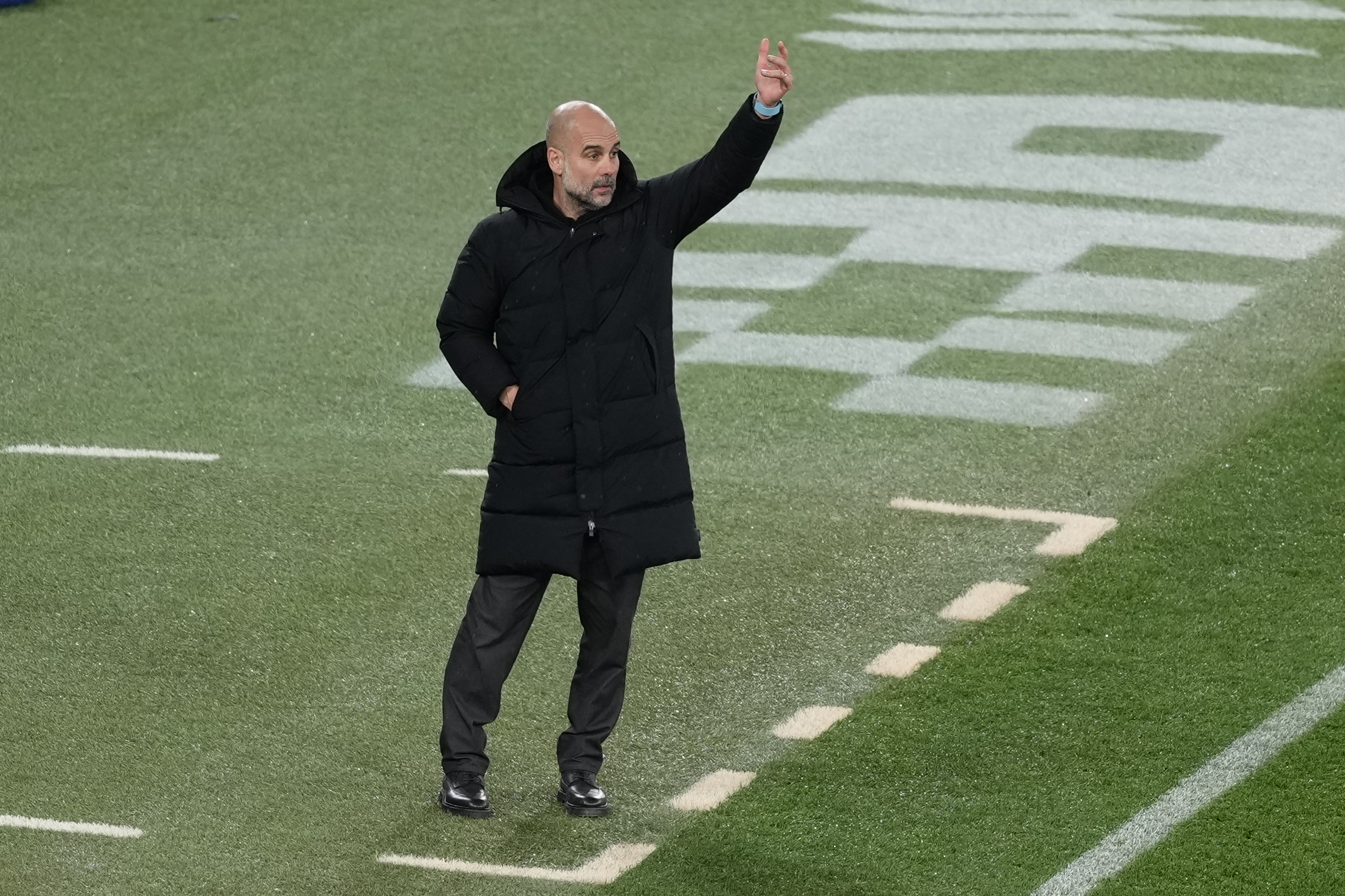

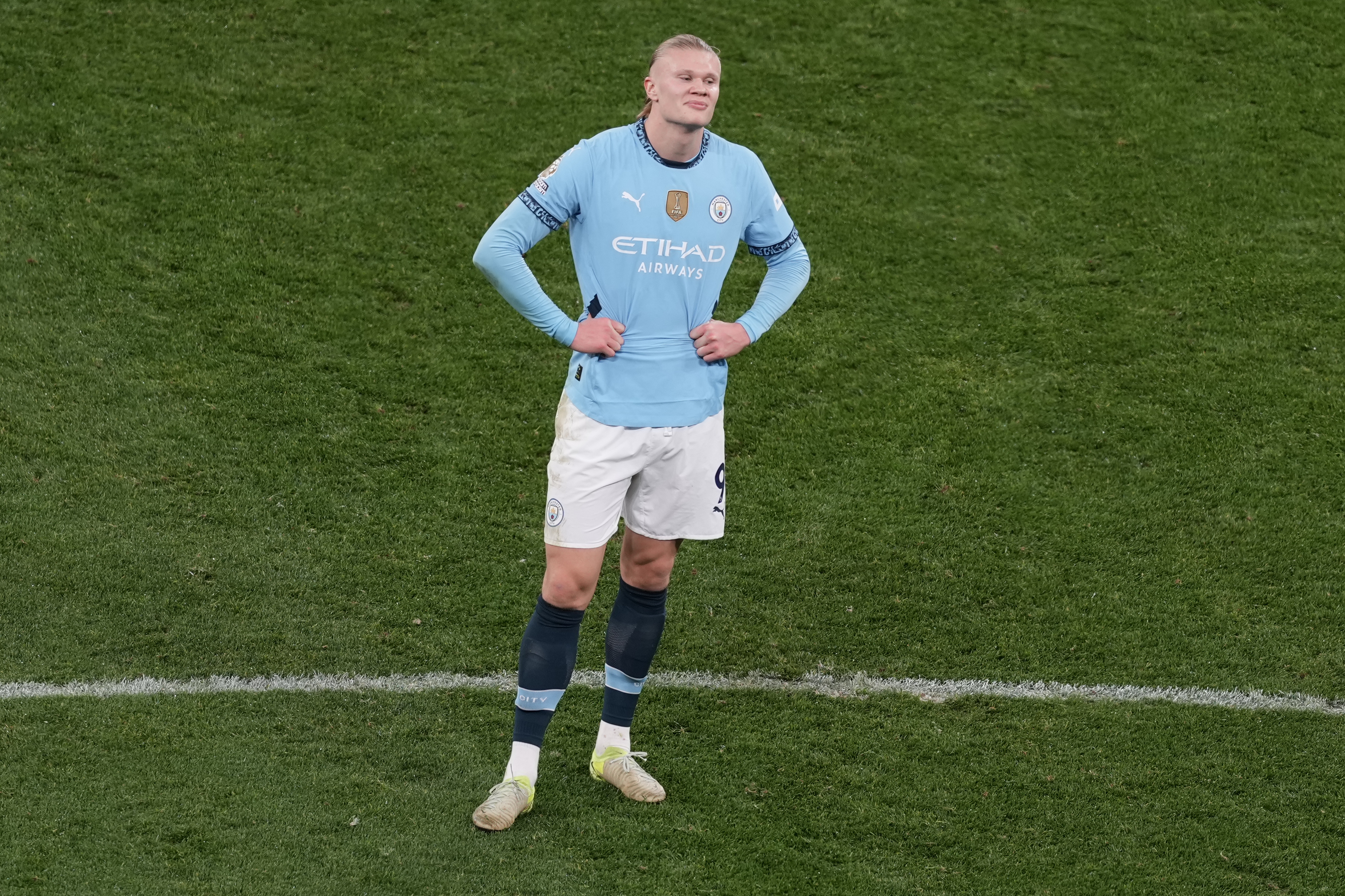
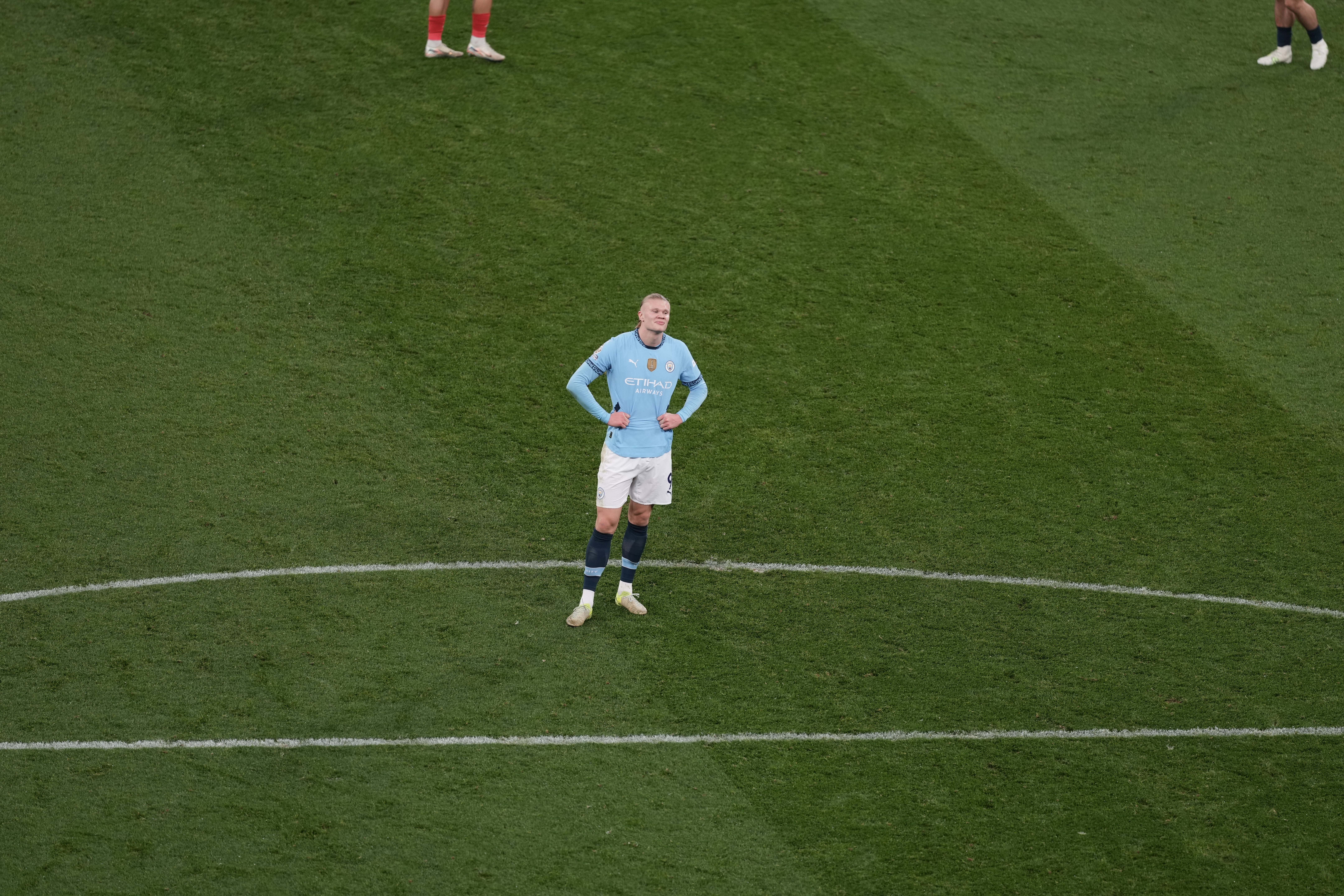
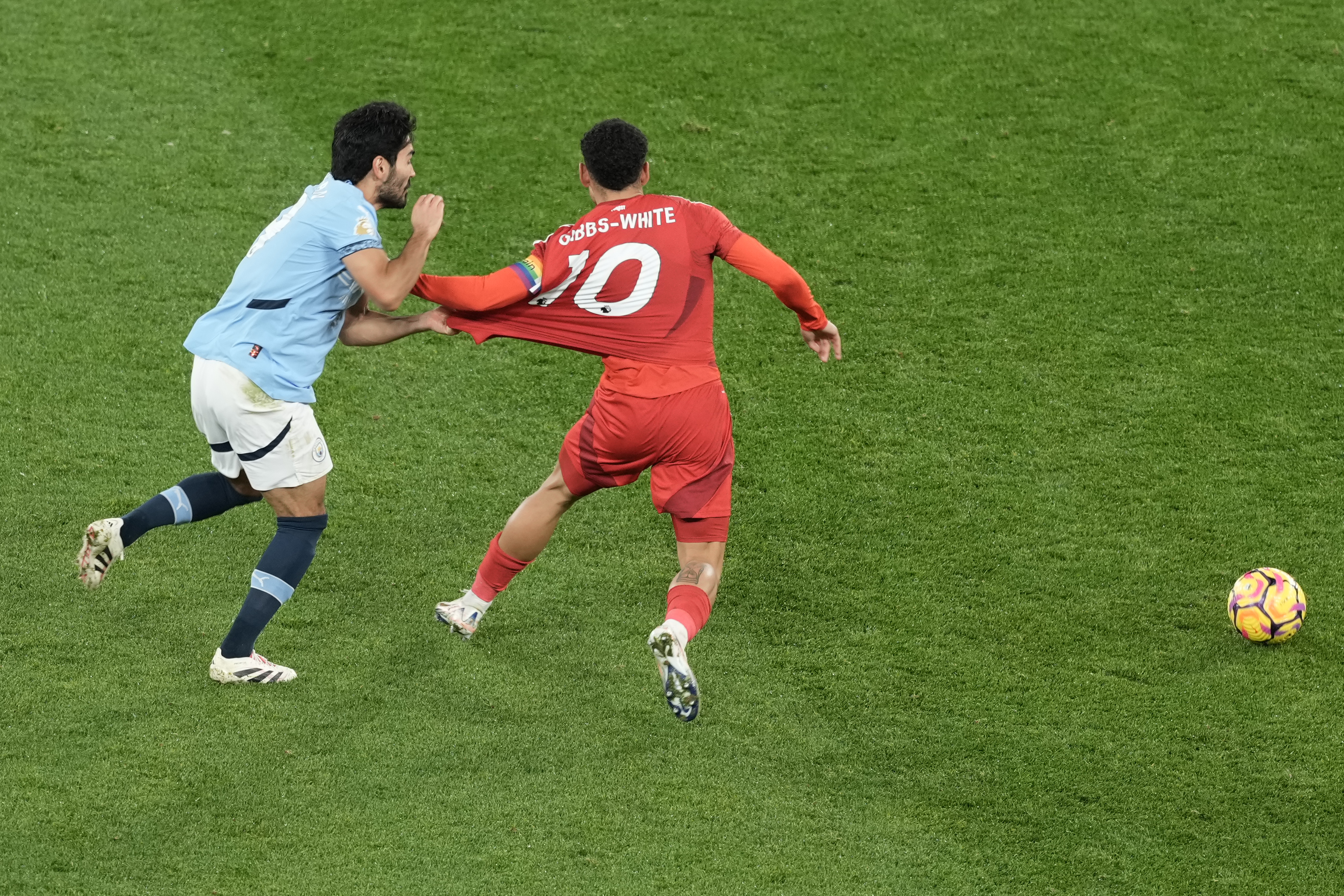

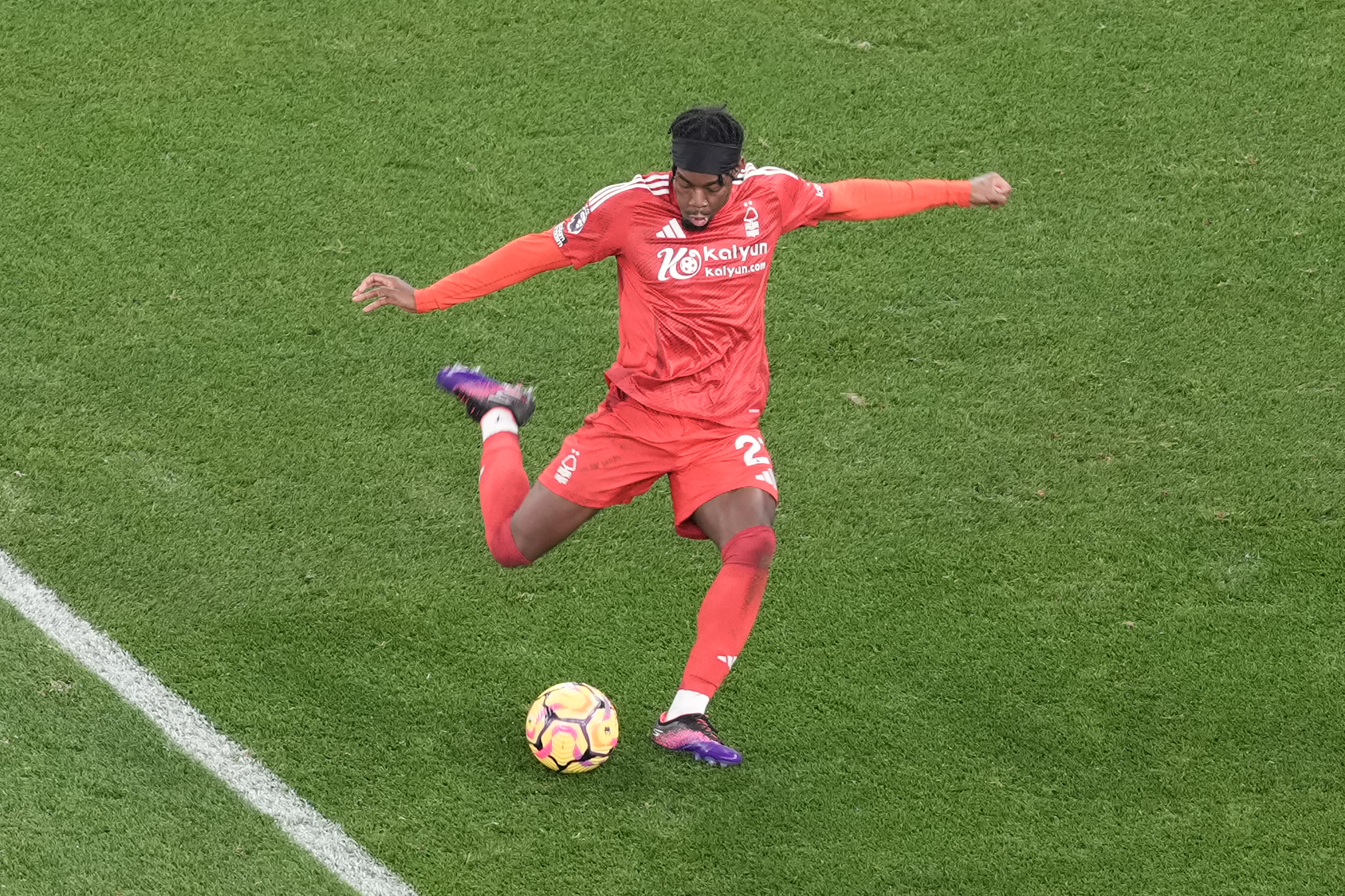
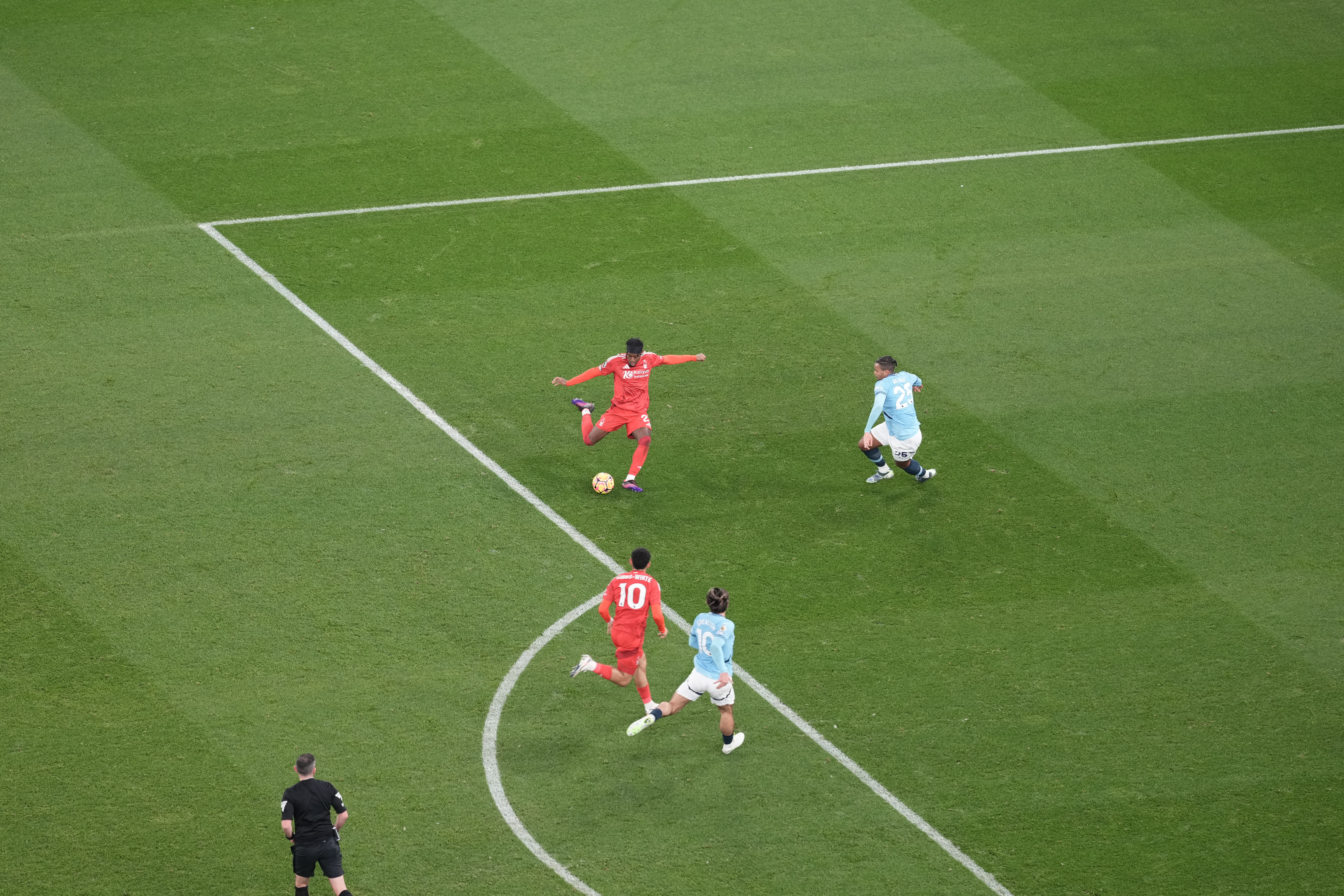
This camera also boasts up to 30fps burst mode, with full autofocus and auto exposure to boot. That’s ridiculously impressive — it can take a shot once every 0.03 seconds, complete with accurate autofocus and correct exposure. It’s frankly absurd, but it will certainly be useful in scenarios like this, allowing photographers to get the perfect snap every time.
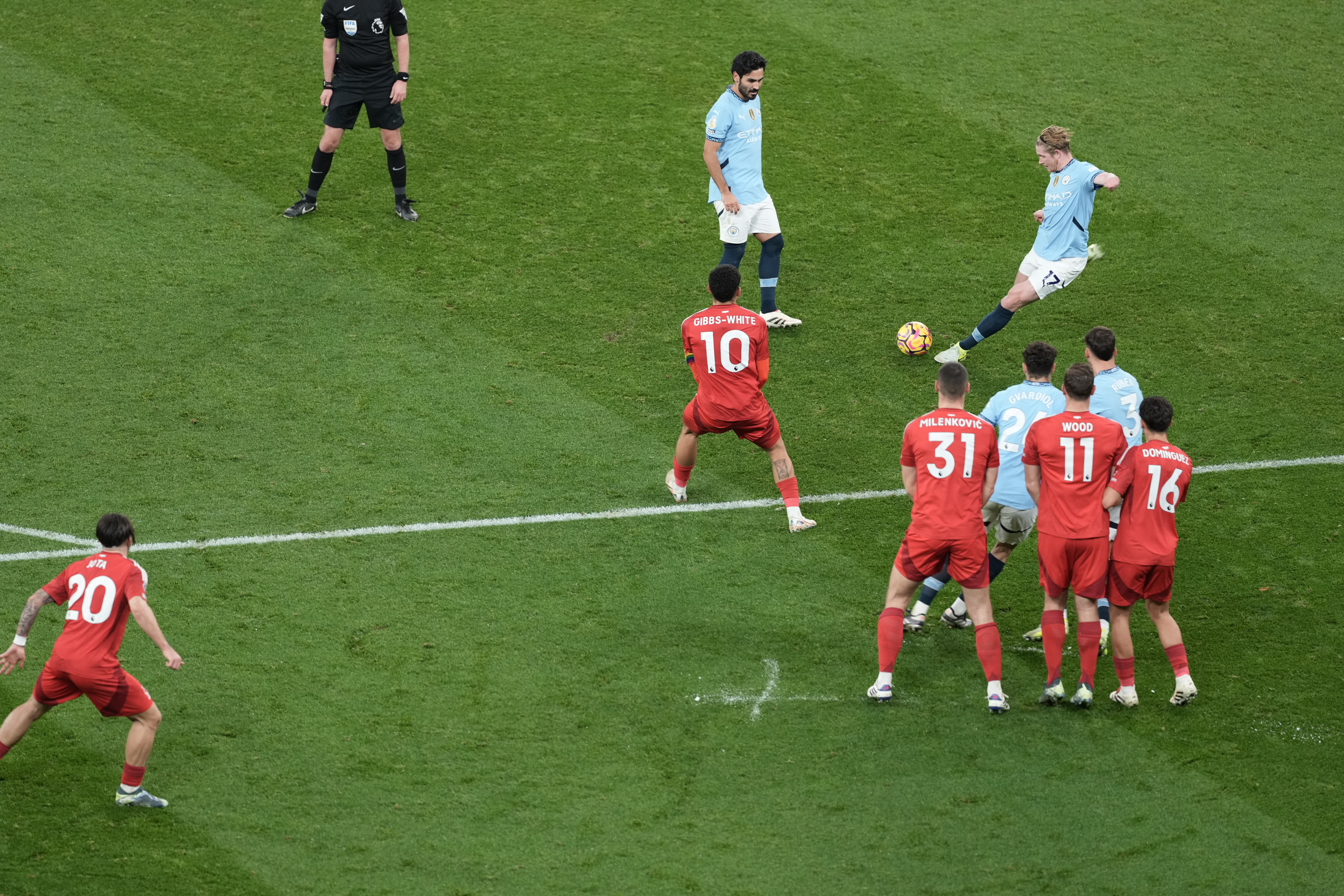
Is the Sony A1 II easy to use?
All of that certainly makes for a good base, but it’s not even the thing which really compels me about using this camera. What’s really impressive is just how simple this camera makes photography.
Whether you’re using pre-capture to account for the fast-paced moment you might have just missed, or the insane burst mode to ensure you get the perfect millisecond of action, the A1 II is packed with tech to make the shooting process less taxing. I toyed around with a few different modes, but ultimately settled on shutter priority mode, with a manually adjustable aperture — effectively just manual mode with auto ISO, actually.
Sign up to the T3 newsletter for smarter living straight to your inbox
Get all the latest news, reviews, deals and buying guides on gorgeous tech, home and active products from the T3 experts
That allowed me to adjust my aperture on the fly, keep my shutter speed at optimal levels and leave the ISO up to the camera to retain proper exposure. By the time I’d really gotten into the swing of things, I was effectively using the camera like a point and shoot — something only possible thanks to the intelligence of the camera itself.
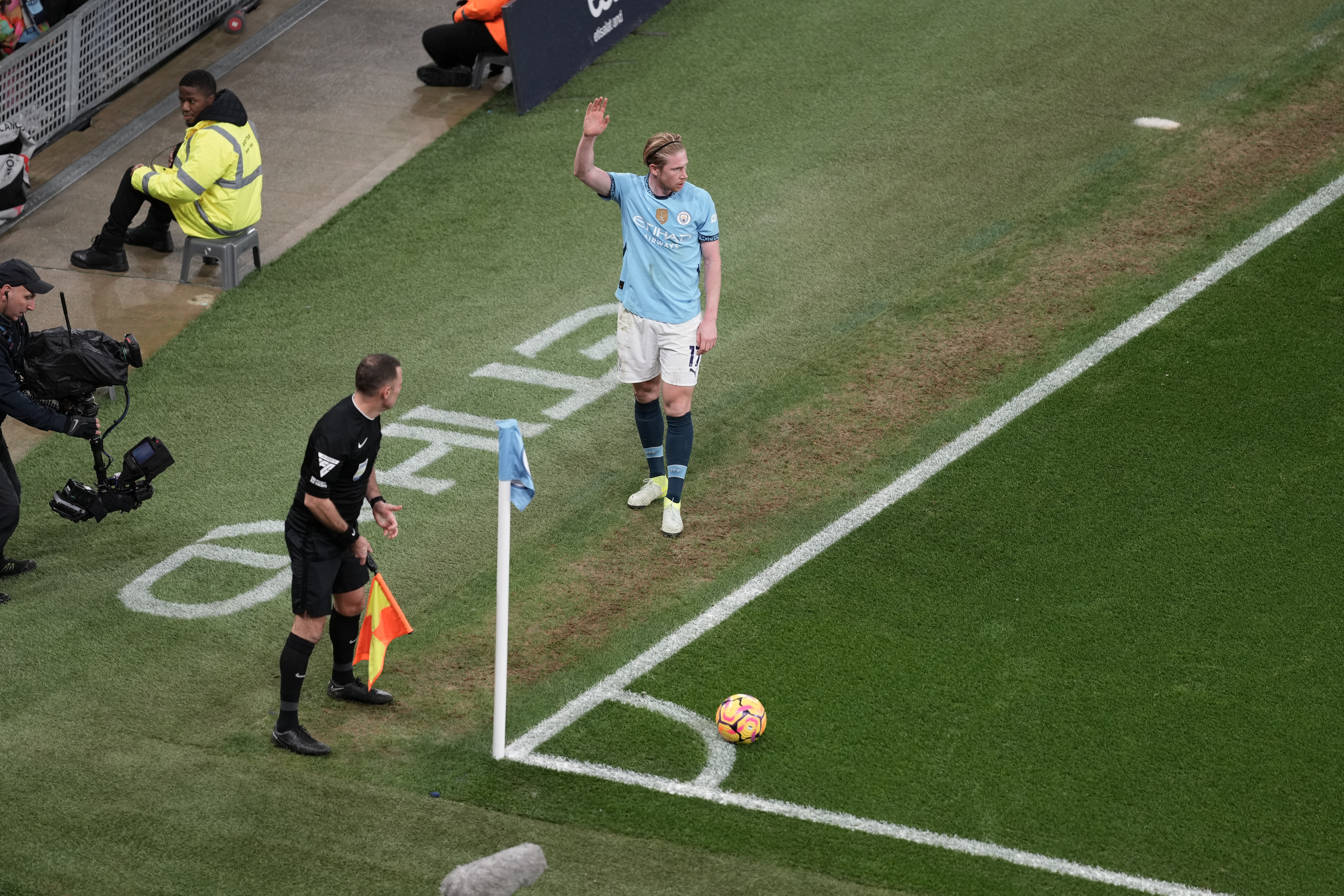
Is the Sony A1 II just for professional photographers?
So, is it just a camera for professionals? Well, no, definitely not. Sure, you can understand why it would be more useful in those environments, but many of the best features here translate to a much wider array of scenarios.
If you’re got deep enough pockets, it would make a fantastic camera for parents of young children. The same burst mode which allows me to freeze Jack Grealish barreling through the centre of the pitch would be perfect for making sure you catch little Jimmy’s first steps. Pre-capture will also be a real benefit, ensuring you can snap the little moments which happen without warning.
The crop on offer would be really handy for just about any photographer. I really can’t oversell just how good it is — I could crop into about 1/20th of the original frame and still have a usable shot.

What does it take to be a professional football photographer?
It might surprise you too learn that the five people employed as part of the Manchester City photography team makes them the largest in the Premier League. The next biggest contingent has just two members, in case you were curious.
That relative size and scale enables the team to operate slightly differently to most sports photographers, with more of a focus on creative shots and artistic expression.
Senior Club Photographer, Tom Flathers, told me that the goal is to get a diverse range of images, with a focus on social media styling above anything else.
That sees the team opt for some different kit to what you might expect. They always use prime lenses over zooms, but long telephoto options are often substituted for much shorter focal lengths. 50mm and 14mm often see the light of day, and there’s even a fisheye lens which seems the hot pick of the moment.

Sony A1 II: verdict
So, is the Sony A1 II a good camera? Well, yes. Honestly, I don't think you needed me to tell you that.
The specs alone tell you what kind of camera this is, and it lives up in every way. Sure, the price tag – £6,299 for the body alone – is steep, but you're paying for the absolute best of the best.
The real question is if anyone outside of professional sports photographers really needs one. That's certainly more of a contentious debate, but I maintain that there are other use cases where the features here are useful. Ultimately, if you've got deep enough pockets, this is one of the finest cameras money can buy.

Sam is an award-winning journalist with over six years of experience across print and digital media. As T3’s Senior Staff Writer, Sam covers everything from new phones and EVs to luxury watches and fragrances. Working across a range of different social media platforms alongside his written work, Sam is a familiar face for fans of T3. When he’s not reviewing snazzy products or hunting for stellar deals, Sam enjoys football, analog photography and writing music.
-
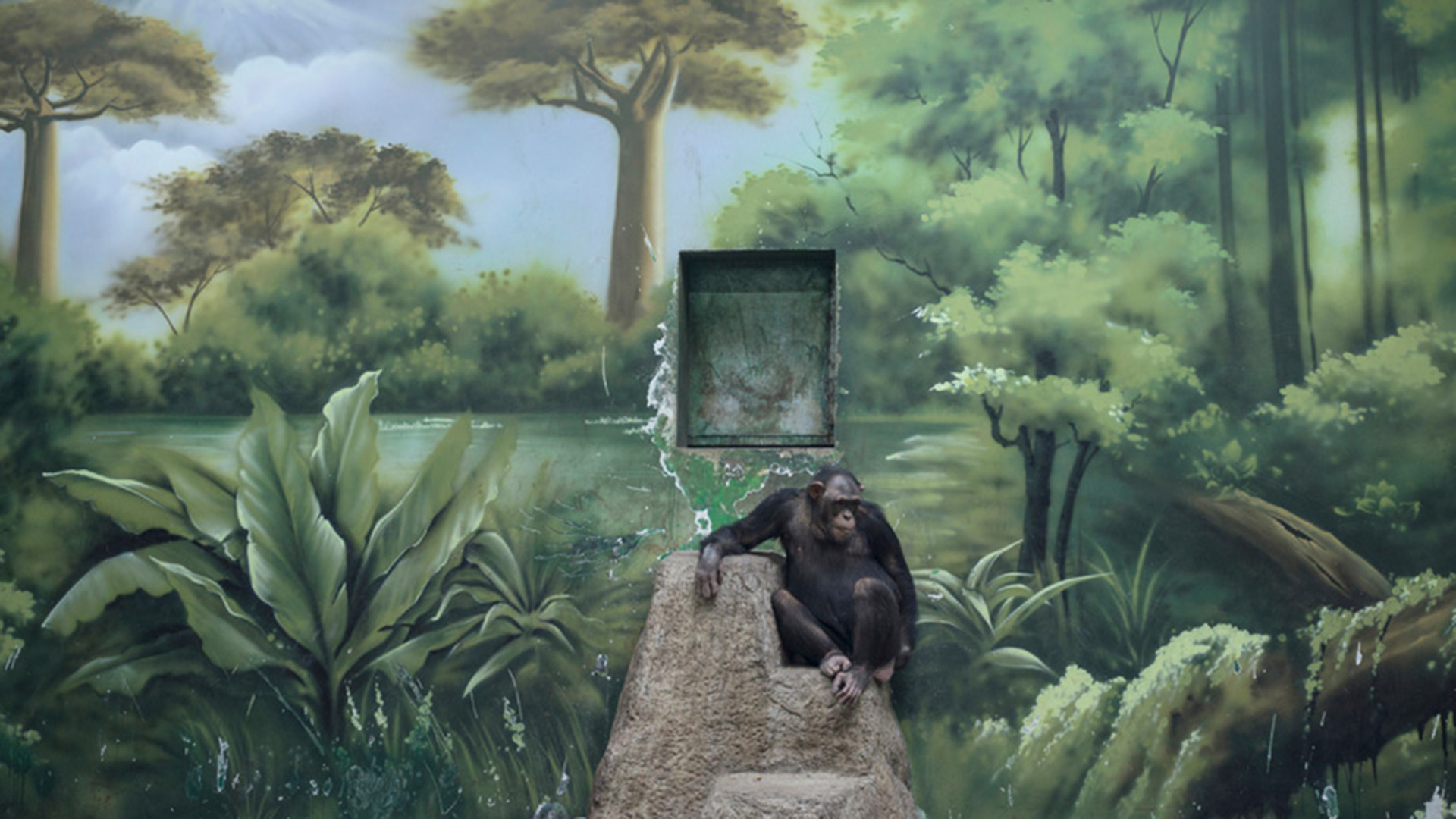 Sony World Photography Awards 2025 holds a mirror up to an artificial natural world
Sony World Photography Awards 2025 holds a mirror up to an artificial natural worldZed Nelson's Anthropocene Illusion scores him this year's SWPA Photographer of the Year
By Mat Gallagher
-
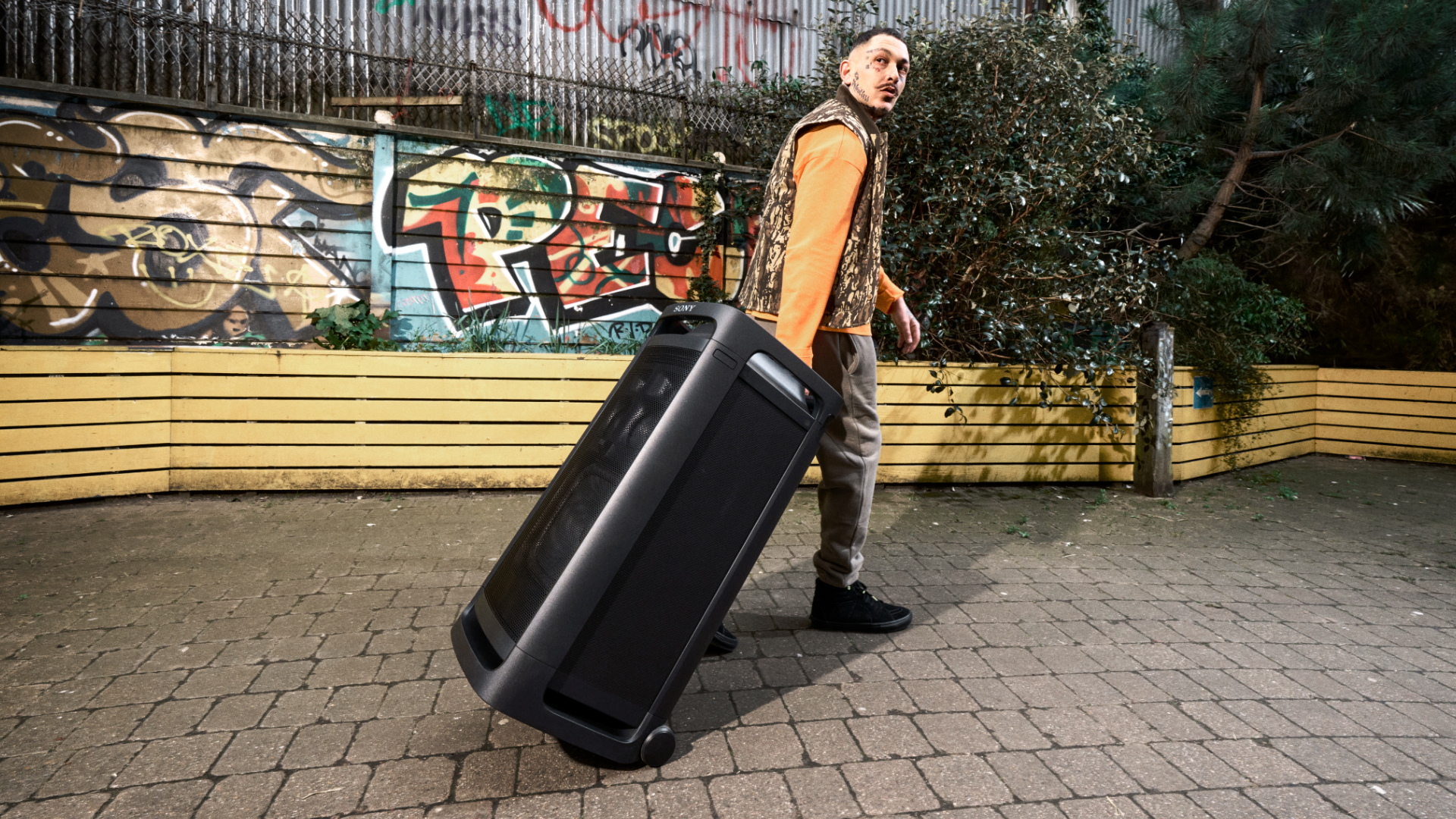 Sony drops a whole host of new Ult speakers, including some chunky units
Sony drops a whole host of new Ult speakers, including some chunky unitsThe Ult lineup grows
By Max Freeman-Mills
-
 PS5 Pro set for a massive upgrade already – should make games look even better
PS5 Pro set for a massive upgrade already – should make games look even betterA deal with AMD will introduce even better game-improving tech to the PS5 Pro
By Rik Henderson
-
 Sony WH-1000XM6 headphones are ready to go, according to latest leak
Sony WH-1000XM6 headphones are ready to go, according to latest leakIf you're thinking about buying the XM5s, make sure you get a really good deal
By Carrie Marshall
-
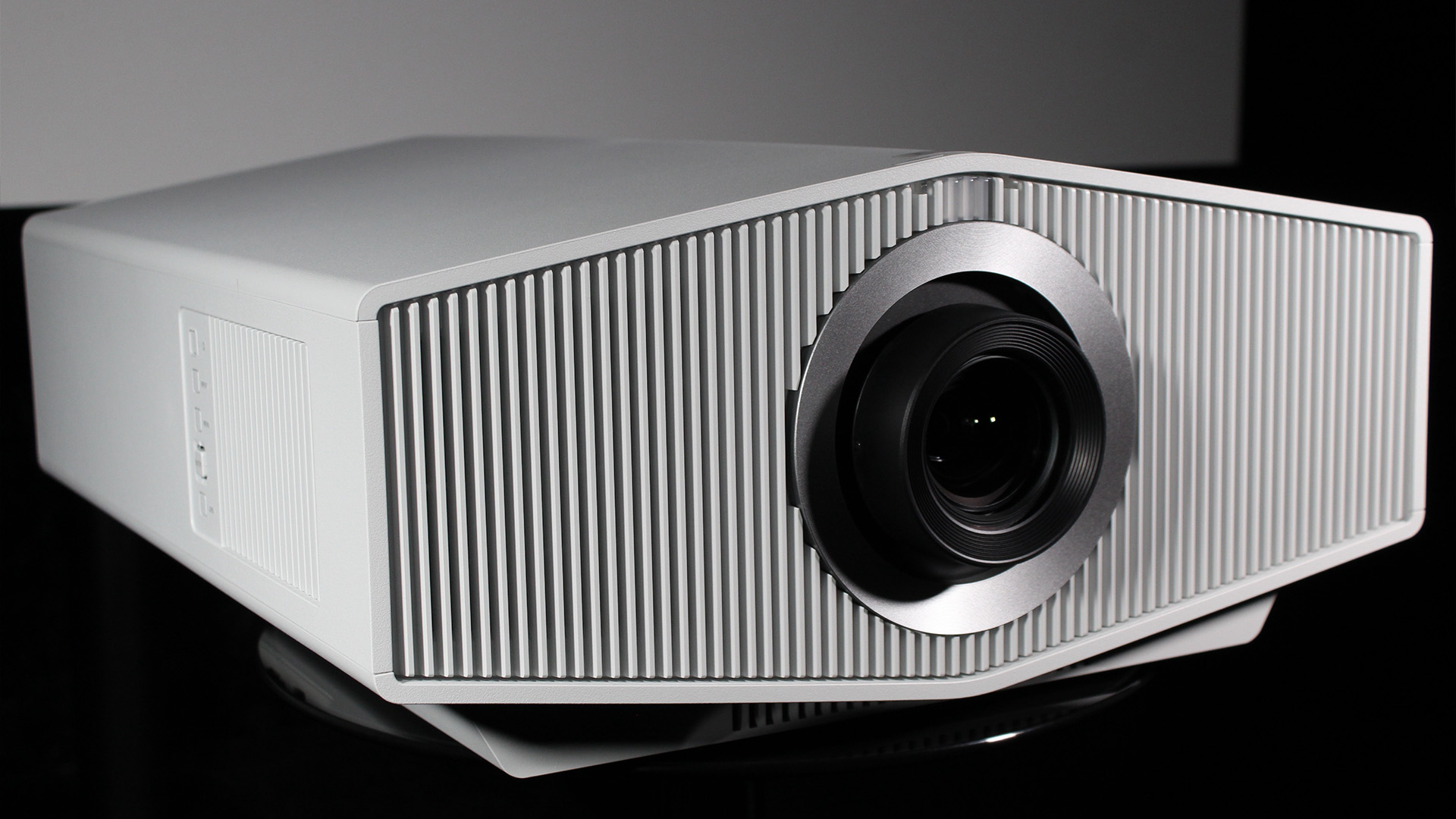 Sony Bravia Projector 8 (VPL-XW6100ES) review: a dynamic and bright beamer
Sony Bravia Projector 8 (VPL-XW6100ES) review: a dynamic and bright beamerSony’s projector keeps pace with the competition by adding some important new features
By Stephen Withers
-
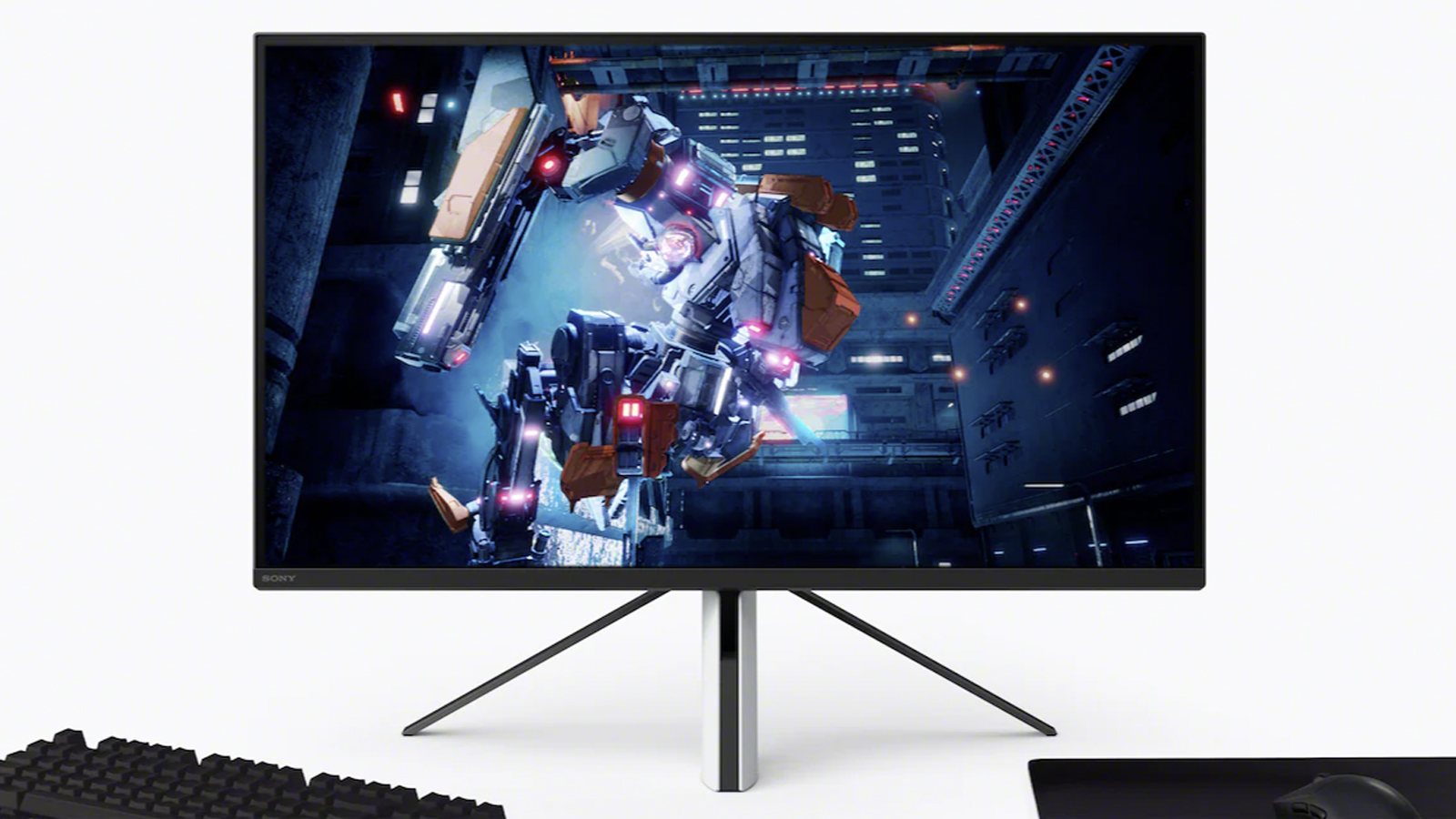 Sony adds peace of mind to its OLED displays
Sony adds peace of mind to its OLED displaysSony promises you won't get burned if you buy its InZone OLED monitors
By Carrie Marshall
-
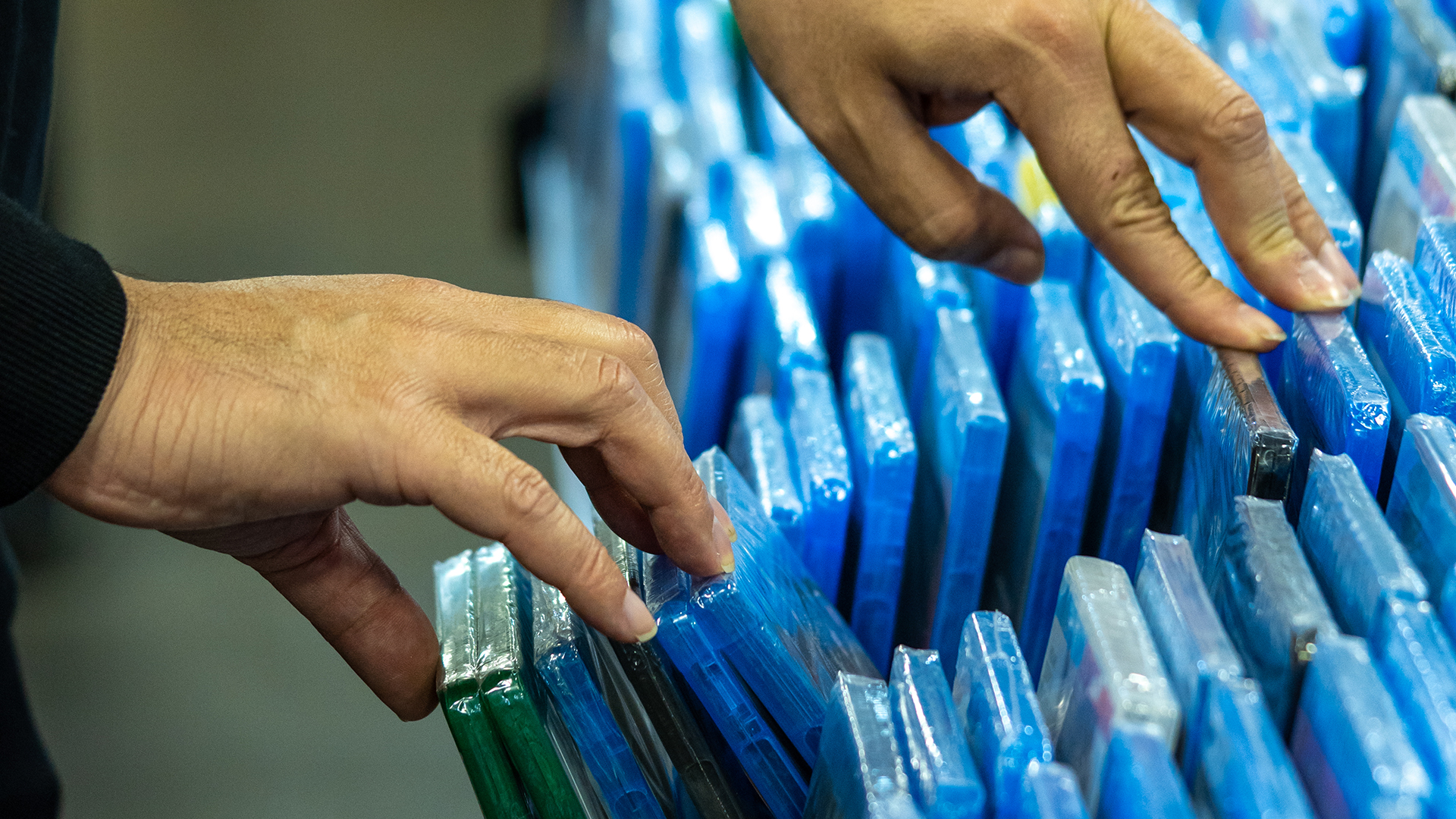 Sony's binning Blu-ray, but that won't cut your home cinema choices
Sony's binning Blu-ray, but that won't cut your home cinema choicesSony is shutting down Blu-ray disc production, but it's not as bad as some have reported
By Carrie Marshall
-
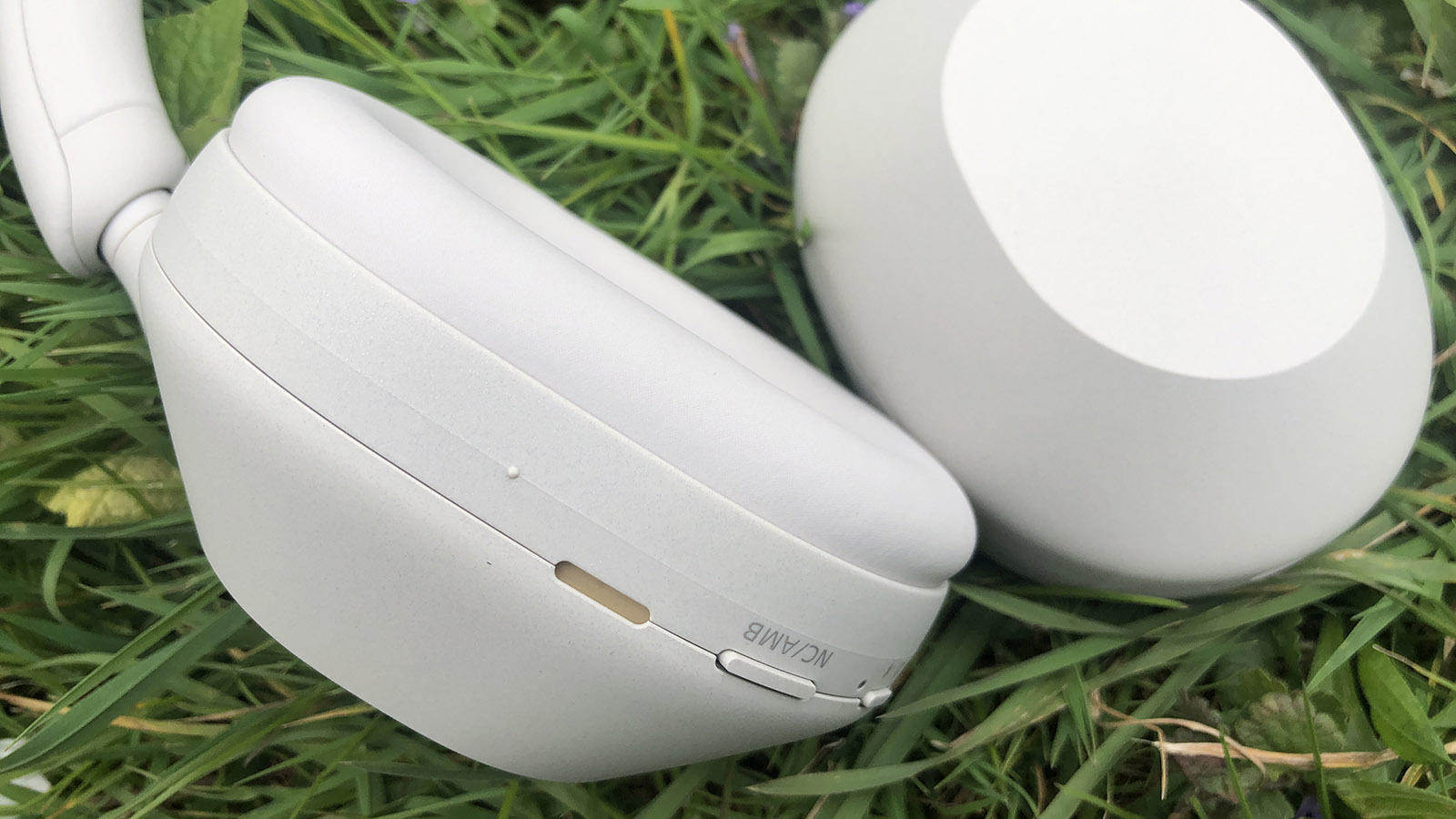 Sony WH-1000XM6 headphones could be on their way, and may have fixed last-gen's biggest problem
Sony WH-1000XM6 headphones could be on their way, and may have fixed last-gen's biggest problemOfficial filings show a Bluetooth boost and what looks like a significant design change
By Carrie Marshall
